ICI-Related Major Adverse Cardiac Events Rare, but Cause Significant Morbidity
One of the first pooled analyses of its kind has concluded that although major adverse cardiac events (ACEs) are rare following immune checkpoint inhibitor (ICI) therapy, they can nevertheless lead to significant morbidity and mortality, based on a report from the ASCO 2022 Annual Meeting.
Although major ACEs are infrequent in the face of ICI therapy, they nevertheless comprise a spectrum of cardiac toxicities with variable manifestations.
The researchers conducted a pooled analysis of major ACEs occurring during investigational clinical trials sponsored by the National Cancer Institute Cancer Therapy Evaluation Program in the US and Canada between 2015 and 2019. Patients were eligible for inclusion in the analysis if they had been treated with anti-PD-L1, either alone or in combination with other anti-cancer therapies.
According to lead author Abdul Rafeh Naqash, MD, from the University of Oklahoma, the investigators identified a total of 107 relevant clinical trials comprised of 6,925 distinct participants receiving anti-PD-L1-based therapies. Among these, approximately 48% of patients (n = 3,354) were treated with single-agent anti-PD-L1 therapy, while the remainder received anti-PD-L1-based combinations.
Among the entire cohort, 40 patients (0.6%) experienced ICI-related major ACEs, more than three-quarters of which (n = 31; 77.5%) were at least grade 3. Myocarditis accounted for 45% (n = 18) of total ICI-related major ACEs; individuals with myocarditis presented after a median of two ICI doses and a median of 35 days from the initial ICI treatment.
Most patients with myocarditis (n = 15; 83%) also experienced at least one non-cardiac immune-related adverse event, while non-cardiac immune-related adverse events were observed in 50% (n = 11) of patients with non-myocarditis-related major ACEs. In addition, 65% of patients with major ACEs (n = 26) also experienced some form of multi-system organ involvement with other non-cardiac immune-related adverse events.
Interestingly, 72% of patients (13/18) who experienced myocarditis had been treated with anti-PD-1-based combinations. Among these 13 participants, the most common combination was anti-PD-1 plus anti-CTLA-4 (92%, n = 12). More than half of patients with myocarditis (53%) had either a concurrent or preceding history of myositis. Deaths related to myocarditis occurred in four patients (22.5%), all of whom had concurrent myositis.
The incidence of major ACEs was greater among individuals treated with anti-PD-L1 plus targeted therapies (2.1%) than among their counterparts treated with anti-PD-L1 plus anti-CTLA-4 (0.09%; P = .08). Most of these were non-myocarditis-related. There was also a significantly greater incidence of myocarditis with anti-PD-L1-based combinations (13/3,341; 0.39%) than there were in single-agent anti-PD-L1 therapies (5/3,566; 0.14%; P = .04).
The study demonstrates that, while rare, major ACEs can have devastating effects on patients treated with ICIs.
It is recommended that increasing patient and prescriber awareness be emphasized with respect to understanding patterns of ICI-related major ACEs and non-cardiac immune-related adverse events.
==
Reference:
https://meetings.asco.org/abstracts-presentations/207565?cid=DM10676&bid=174628276
Disclosures: Some authors declared financial ties to drugmakers. See full study for details. The study was funded by the US National Institutes of Health.
Photo Credit: Getty Images.
By Michael Vlessides, MD /alert Contributor


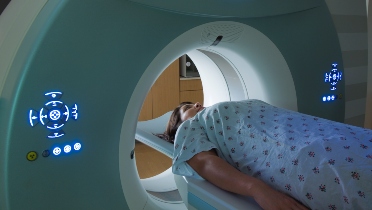
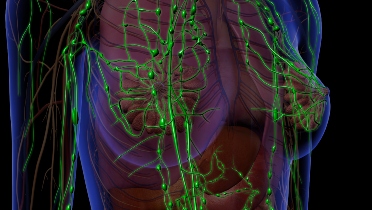



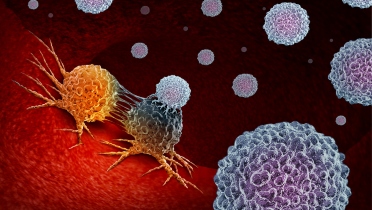

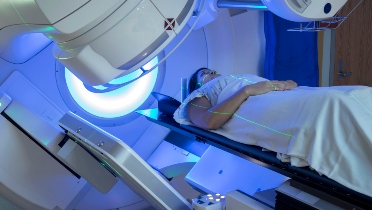






.jpg)
.jpg)
.jpg)
.jpg)

.jpg)
.jpg)
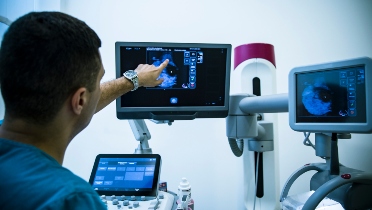

.jpg)
.jpg)
.jpg)
.jpg)
.jpg)

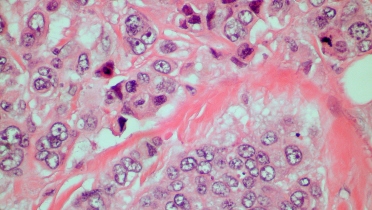
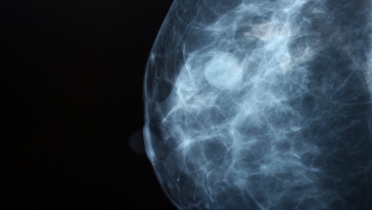
.jpg)
.jpg)
.jpg)

.jpg)
.jpg)
.jpg)
.jpg)
.jpg)
.jpg)
.jpg)
.jpg)

.jpg)

.jpg)


.jpg)
.jpg)
.jpg)

.jpg)



.jpg)
.jpg)

.jpg)
.jpg)

.jpg)
.jpg)
.jpg)

.jpg)
.jpg)
.jpg)
.jpg)
.jpg)

.jpg)
.jpg)
.jpg)


.jpg)
.jpg)
.jpg)
.jpg)
.jpg)
.jpg)
.jpg)
.jpg)
.jpg)

.jpg)
.jpg)
.jpg)
.jpg)
.jpg)
.jpg)
.jpg)
.jpg)
.jpg)
.jpg)
.jpg)

.jpg)
.jpg)
.jpg)
.jpg)
.jpg)
.jpg)
.jpg)

.jpg)
.jpg)




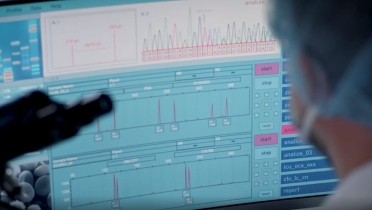

.jpg)
.jpg)
.jpg)
.jpg)
.jpg)

_.jpg)
.jpg)
.jpg)
.jpg)
 Featured Breast Cancer Videos
Featured Breast Cancer Videos.jpg)